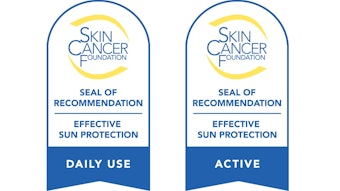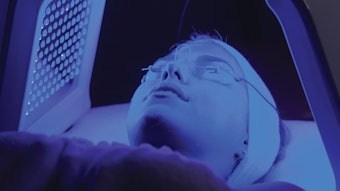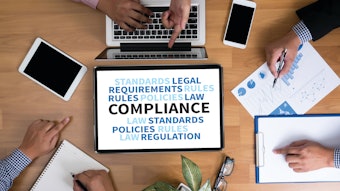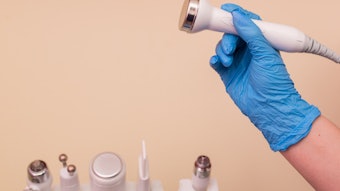
Lately, California has seen an increase in citations issued to estheticians for the unlicensed practice of medicine, particularly for using cryotherapy devices. This trend highlights the evolving nature of the skin care industry, where the lines between cosmetic treatments and medical procedures are becoming blurred. Let's explore why these citations are happening, what they mean for estheticians, and how they can stay within the law.
There is a misconception in our regulatory boards and the medical profession that we are untrained and are doing treatments that can cause harm. Unfortunately, some cases feed that narrative like the unlicensed spa in New Mexico that spread HIV through their malpractice, or the social media postings and conversations estheticians are having that are out of scope and dangerous to try and gain followers.
The issue in California is just a snapshot of what is happening nationally. Cryotherapy is being regulated as a medical practice even though estheticians are not performing medical procedures like Cryolipolysis. This misinterpretation by state Cosmetology Boards, often without input from the industry, is problematic. Many board members don't understand the esthetics profession, viewing it as a subset of cosmetology with less training. This misunderstanding fuels the belief that estheticians are untrained and performing unsafe treatments.
Citations for practicing medicine without a license can lead to severe consequences, including fines, license suspension and criminal charges. Here’s how estheticians can protect themselves:
Related: Regulation Action Plan: Protect Your Right to Work
Stay Current on Your License. Ensure your license is up-to-date, including facility licenses if you're self-employed.
Have Proper Insurance. Liability insurance should cover all services you provide. That means that it should list in writing exactly what services are covered. This is usually a customized policy, or a rider written specifically for your business. If employed, make sure your employer’s policy includes malpractice coverage. Cheaper is not always better and an insurance company can use the fact that you are practicing out of scope to deny claims.
Know Your Scope. Trying to understand what treatments you can legally perform is essential. Only rely on official written guidelines from your state board. No individual, group, lawyer or organization can give you a legal interpretation outside of the board. This does not mean that it cannot be challenged.
Understand the Citation Process. Know how to appeal citations, similar to contesting a traffic ticket. This process is found in your state board rules and usually stated with the official citation letter.
Know Your Rights. Inspectors must follow legal guidelines which can be found in state statutes and rules. You can fight any citation issued to you and in most states, the fee for violations is publicly listed. Never pay an inspector for a violation directly, that’s fraud on their part.
Research Manufacturers. Ensure the devices you use are FDA registered if required by your state and any product manufacturers are clear on what their products do. This is especially important around chemical peels, medium to deep peels are always out of scope for a basic esthetics license.
To help further this discussion, we are also going to share the top 3 keys to having a compliant spa. Stay tuned for Part 2 of this article, which will be featured in our September issue.
Susanne Schmaling, a Licensed Master Esthetician, Certified Laser Technician and published author with over 29 years of experience, has made significant contributions to the spa industry. Her career spans sales, spa and medical spa ownership, and development of esthetics curricula, notably the Pivot Point Fundamental Esthetics for North America. She co-founded a digital personalization company in the US Beauty market and frequently presents at prestigious international conferences. As CEO and founder of the Esthetics Council, Susanne champions estheticians’ scope of practice issues in the US. She holds advanced qualifications in instructional design, creating over 50 eLearning courses and numerous workshops on diverse topics like skin science, business mastery, and client retention. Susanne is a member of the Skin Inc. advisory board.










